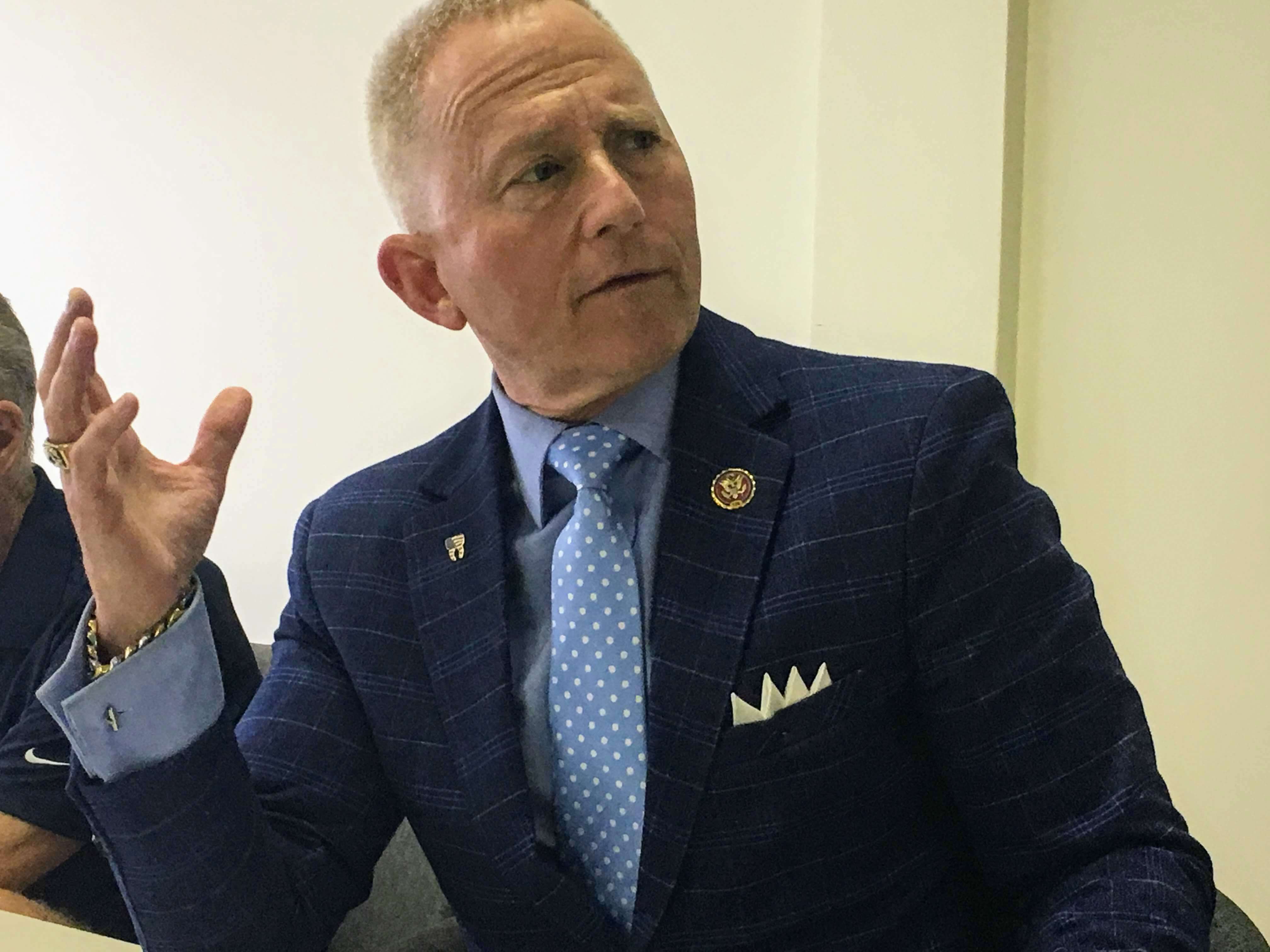To the Editor:
In response to a letter titled, “Thanks to the Nurses at Cape Regional,” there is no doubt that skill is essential, but when you are sick and fighting for your life, there is no substitute for true compassion and the reassurance and strength that comes from knowing that others truly care, are listening to you, and are working with you toward the best possible health outcome. I’m so glad the letter writer recovered from their fight with Covid.
When my wife, Ruthann, was finally admitted after experiencing four powerful seizures within a 74-hour period beginning Sept. 28, 2017, it was a scary time for us.
The first day at the hospital was consumed with scans and tests before she was moved to an observation room on the top floor of the facility and placed under the care of nurses, Dawn and Nadine.
Over the next 3-plus days, these ladies exemplified the very best of the nursing profession.
At the time, my wife was in a confused mental state from all she had been through. She mistook the nurses as members of her church, failed to recognize me as her husband, and didn’t fully comprehend where she was. It was distressing, but Dawn and Nadine provided a measure of reassurance by attending to Ruthann’s every need.
They continuously talked to her to keep her calm and never let her from their sight. They were shining examples of what a caring and committed nursing professional should be.
When I returned to the hospital on the morning of the third day, I was greeted by two exuberant nurses.
“Mr. Pohl, you have your wife back!”
My wife stood there with Nadine, smiling at the husband she once again recognized. Dawn hugged me while tears streamed down my face.
They were a dynamic duo that lavished their combined skill (Nadine, with 15 years, and Dawn, with 25 years) and expert care on patients without regard to race, skin color, or other labels – seeing only the human being in need before them as they would for one of their own.
I will never forget the difference they made for us in those three days and will be indebted to them for the rest of my life.
Soon, my wife was transferred to another nearby health care facility. That facility had only minimal neurological expertise and their overworked and overextended physician not only increased the dosing of several powerful and dangerous drugs my wife was taking, but also added new ones without regard to possible drug interactions.
Concerned and wanting more information, I attempted to talk to him one day, only to be rebuffed.
“Don’t bother me. Can’t you see I am busy?”
Sadly, we had experienced the other end of the spectrum – what it is like when caring and compassion are subtracted from health care. The sting still lingers.
My wife died at 16:55 (4:55 p.m.) Oct. 16, 2017.








